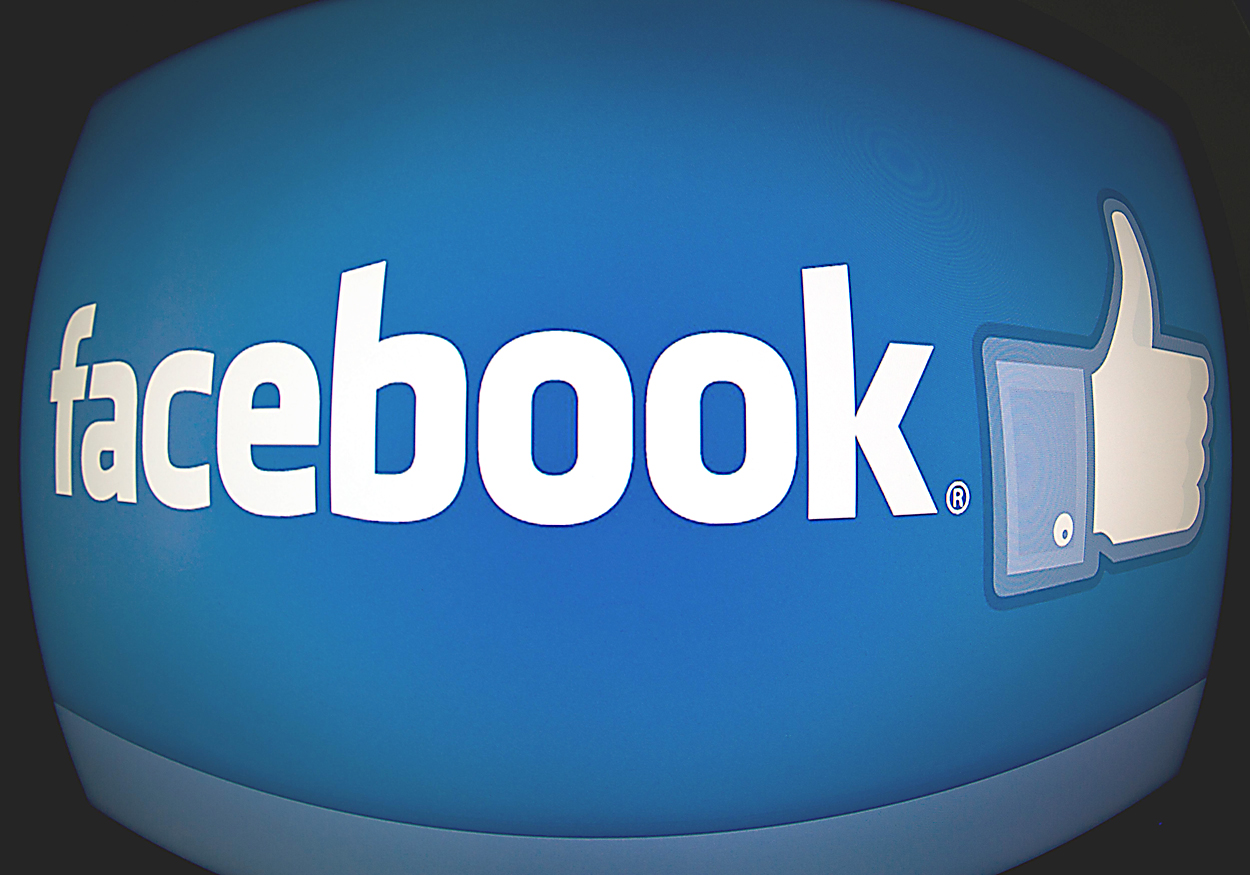On Tuesday, Facebook will turn 10 years old. It has 1.23 billion users. Ponder those two facts for a moment. A company that did not exist 10 years ago now has as many users as India has people.
If you wanted a case study in how the Internet enables "disruptive innovation," then Facebook is one of the four best examples. (The other three are the Web, Wikipedia and Skype.) Like the Web, Facebook is essentially the creation of a single gifted, visionary individual, one Mark Zuckerberg. And he was only able to launch it because of the way the Internet facilitates what one scholar calls "permissionless innovation."
Facebook was not the first social-networking service. The most intriguing thing about it is why it emerged as the dominant player in a long-established and crowded marketplace. The idea of computer-mediated social networking is an old one that goes back to the Californian counterculture of the 1970s, and the history of the field is littered with the carcasses of ventures that flourished spectacularly before either crashing to oblivion (SixDegrees, MySpace) or finding a niche in the ecosystem (LinkedIn).



